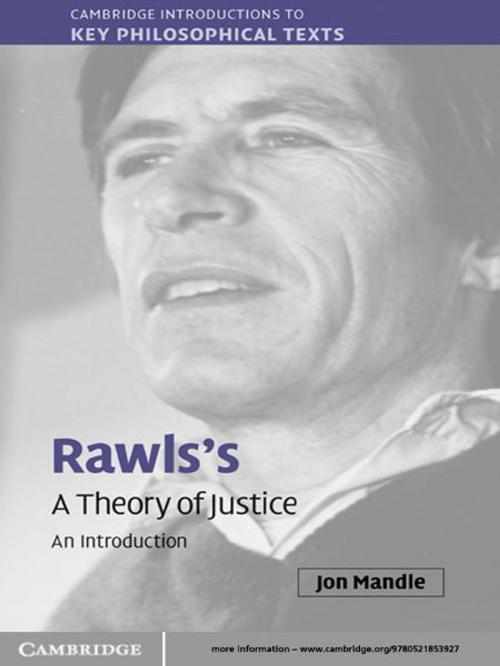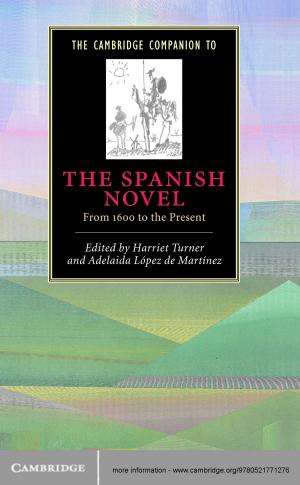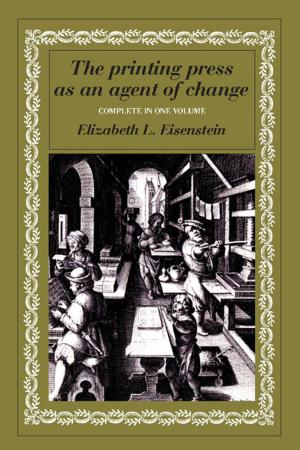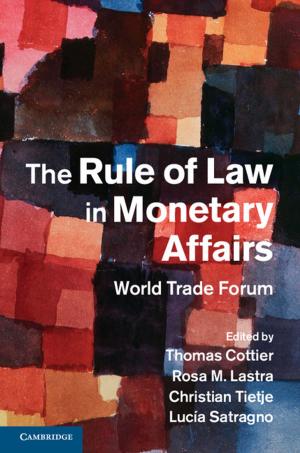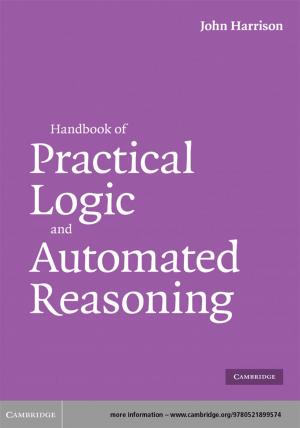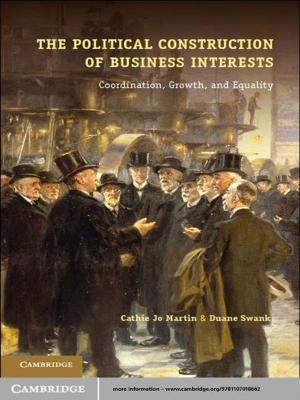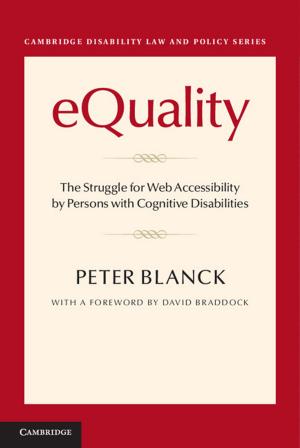Rawls's 'A Theory of Justice'
An Introduction
Nonfiction, Religion & Spirituality, Philosophy, Political| Author: | Jon Mandle | ISBN: | 9780511700002 |
| Publisher: | Cambridge University Press | Publication: | October 15, 2009 |
| Imprint: | Cambridge University Press | Language: | English |
| Author: | Jon Mandle |
| ISBN: | 9780511700002 |
| Publisher: | Cambridge University Press |
| Publication: | October 15, 2009 |
| Imprint: | Cambridge University Press |
| Language: | English |
A Theory of Justice, by John Rawls, is widely regarded as the most important twentieth-century work of Anglo-American political philosophy. It transformed the field by offering a compelling alternative to the dominant utilitarian conception of social justice. The argument for this alternative is, however, complicated and often confusing. In this book Jon Mandle carefully reconstructs Rawls's argument, showing that the most common interpretations of it are often mistaken. For example, Rawls does not endorse welfare-state capitalism, and he is not a 'luck egalitarian' as is widely believed. Mandle also explores the relationship between A Theory of Justice and the developments in Rawls's later work, Political Liberalism, as well as discussing some of the most influential criticisms in the secondary literature. His book will be an invaluable guide for anyone seeking to engage with this ground-breaking philosophical work.
A Theory of Justice, by John Rawls, is widely regarded as the most important twentieth-century work of Anglo-American political philosophy. It transformed the field by offering a compelling alternative to the dominant utilitarian conception of social justice. The argument for this alternative is, however, complicated and often confusing. In this book Jon Mandle carefully reconstructs Rawls's argument, showing that the most common interpretations of it are often mistaken. For example, Rawls does not endorse welfare-state capitalism, and he is not a 'luck egalitarian' as is widely believed. Mandle also explores the relationship between A Theory of Justice and the developments in Rawls's later work, Political Liberalism, as well as discussing some of the most influential criticisms in the secondary literature. His book will be an invaluable guide for anyone seeking to engage with this ground-breaking philosophical work.
